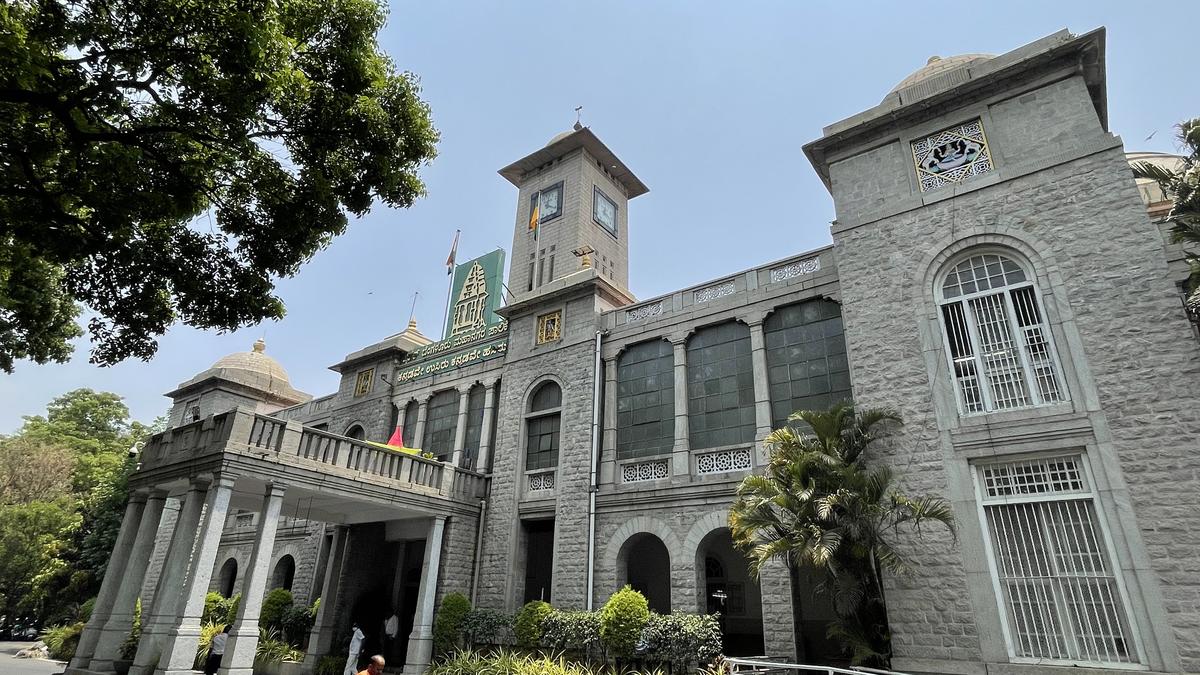
Bengaluru sees yet another year without BBMP polls
The Hindu
Bruhat Bengaluru Mahanagara Palike (BBMP) elections delayed, leaving citizens without local representation, facing governance challenges.
Yet another year has passed without elections for the Bruhat Bengaluru Mahanagara Palike (BBMP).
The term of the previous council ended in September 2020, and despite numerous delays and legal challenges, civic polls have not been conducted. This prolonged absence of elected officials has left citizens grappling with a lack of local representation to address their concerns.
The past four years have witnessed significant changes in the city’s governance structure: the number of wards was initially increased to 243 and then reduced to 225, and the introduction of the Greater Bengaluru Governance Bill 2024.
Following the delay in elections, two former Congress councillors, Abdul Wajid and M. Shivaraju, filed a petition in the Karnataka High Court seeking to expedite the electoral process. However, the State Election Commission (SEC) cited delays in finalising ward delimitation and reservation lists as obstacles.
In December 2020, the High Court directed the SEC to conduct elections for the existing 198 wards within six weeks of the government publishing the reservation list. However, the State government subsequently enacted the Bruhat Bengaluru Mahanagara Palike Act, 2020, increasing the number of wards to 243.
Despite the High Court’s directive, the State government appealed to the Supreme Court, which stayed the High Court’s order, allowing the BJP-led government to proceed with plans for the newly defined 243 wards. In July 2022, a notification was issued for 243 wards. However, after the change in government in 2023, this notification was withdrawn, and a new notification was issued for 225 wards.
In 2024, the government came up with the Greater Bengaluru Governance Bill, which is yet to be tabled. A 14-member committee is scrutinising the bill.













